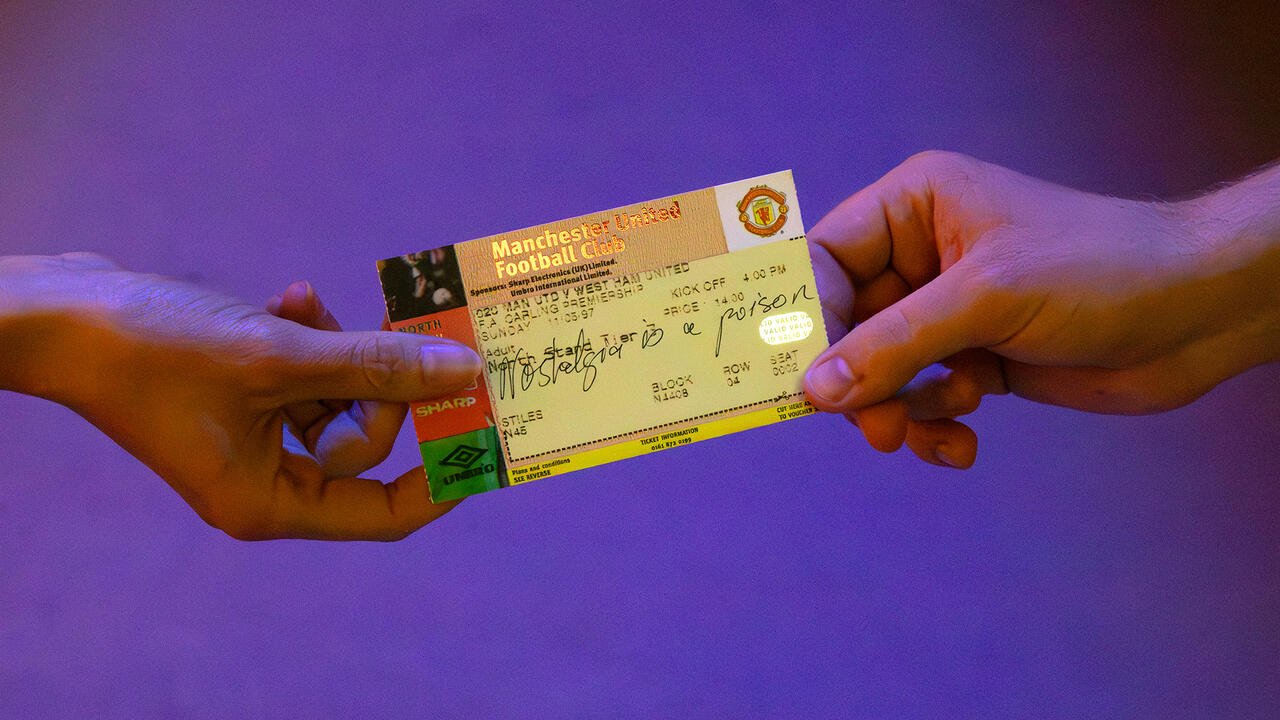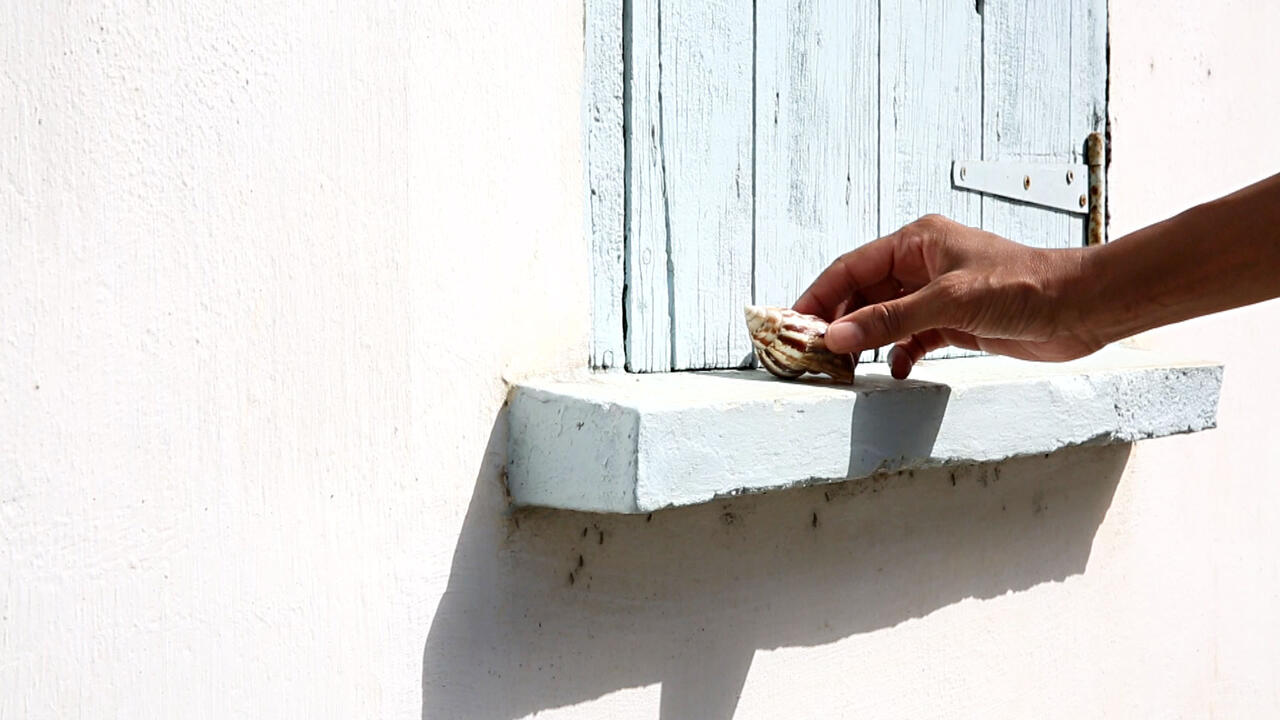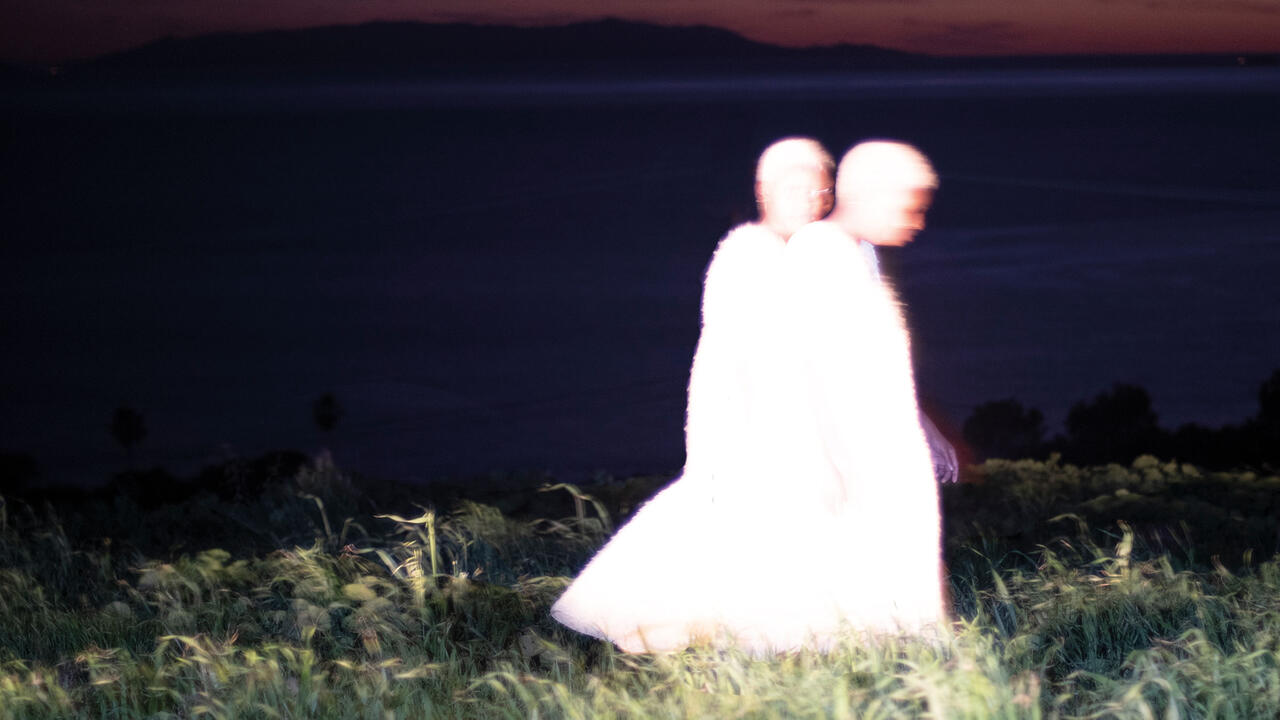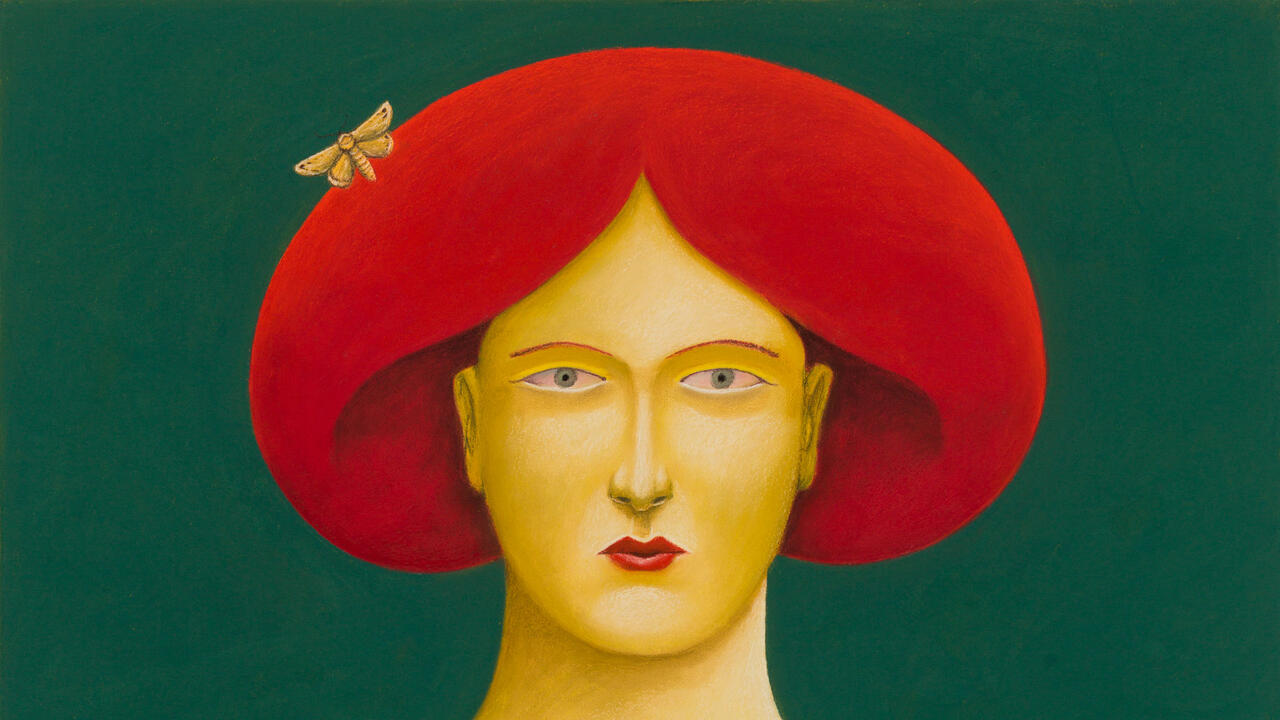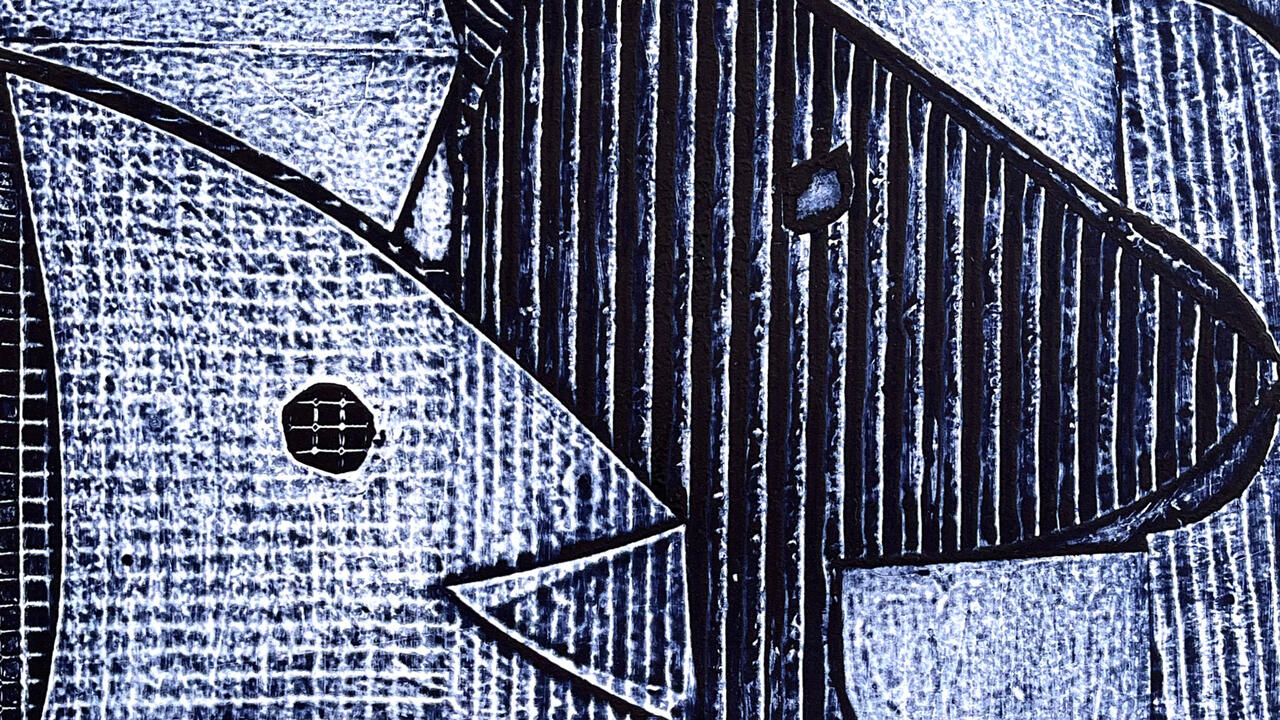The World Transformed 2019: How to Rebuild Socialist Culture
From organizing against arts cuts to an ‘Acid Corbynist’ listening session, can Momentum’s festival of ideas foster collective hope against right-wing media and politicians?
From organizing against arts cuts to an ‘Acid Corbynist’ listening session, can Momentum’s festival of ideas foster collective hope against right-wing media and politicians?

On an episode of the Trashfuture podcast – which often discusses the excesses of late-capitalist start-up culture and the paucity of imagination of centrist journalists, and whose live show was one of dozens of events that formed part of ‘The World Transformed’ fringe festival around the Labour Party conference in Brighton last month – host Riley Quinn posited an intriguing cultural diagnosis of conservatism, liberalism and socialism, as these ideologies manifest themselves in contemporary Britain. Driven by Brexit, said Quinn, the Conservative project is Romantic in a 19th-century sense, struggling to re-create an Arcadia that never really existed. Since Jeremy Corbyn became Labour leader in September 2015, Quinn argued, the left has won the battle within the party because their modernist vision of building a mass movement that asks how Britain’s socialist traditions might be repurposed in an increasingly precarious, post-industrial world is more compelling than the right-wing faction’s postmodern insistence that, since the end of the Cold War and the unions’ defeats under former Prime Minister Margaret Thatcher in the 1980s, no political change is possible beyond technocratic, managerialist tinkering with neoliberal capitalism.

Four years after his ascent, Corbyn used his speech at the party conference to unveil Labour’s most radical policy offering in living memory: notably, backing for a Green New Deal – the subject of several panels at ‘The World Transformed’ – but also free movement and the closure of immigration detention centres, greater taxation on private schools, a state-owned drugs manufacturer to supply the NHS, rent controls and the introduction of a four-day working week. Owing to Boris Johnson’s historic Supreme Court defeat, in which his prorogation of the UK parliament was declared unconstitutional, Corbyn’s speech was brought forward, meaning that the party’s Deputy Leader, Tom Watson, could not address the delegates as planned. Widely disliked by Labour members – many of whom, like me, voted for him to take the role in 2015, impressed by his fortitude in challenging Rupert Murdoch over the phone-hacking scandal of 2011 – for his frequent use of the media to undermine the party’s policy positions and Corbyn’s electoral chances, Watson was expected to prompt a mass walkout by attendees when he spoke. Seeking to minimize media coverage of infighting, Corbyn dropped a motion from one of his closest allies, Momentum co-founder Jon Lansman, to abolish the Deputy Leader position, offering instead to review it. Watson’s speech, expected to be provocatively bullish, was never heard; instead, Corbyn’s policy offer left the most lasting impression.

Despite the impressive ten-page manifesto advocating wider access to culture that formed part of Corbyn’s leadership bid in 2015, the arts remain a lacuna in Labour policy. This is partly because other issues have seemed more urgent in austerity-ravaged Britain, but also because Watson – who holds the brief of Shadow Secretary of State for Digital, Culture, Media and Sport – has shown scant interest in reforming any of these sectors, let alone the kind of cultural innovation being discussed at ‘The World Transformed’. Launched in 2016 by Momentum – the organization set up in September 2015 to support Corbyn and advance leftist ideas in the Labour Party – ‘The World Transformed’ aims to provide space not just for policy discussion, but for the rebuilding of socialist culture after 40 years of attacks on its institutions and ideas, and for the membership to share the emotions fundamental to that culture, especially collective hope, against right-wing media and politicians determined to drain the movement of those sentiments. This year’s programme included a screening of Sorry We Missed You (2019) by filmmaker Ken Loach – one of the few major British cultural figures exploring the effects of austerity on the working class – as well as panels on Brexit, foreign policy, sex work, migrant rights, anti-imperialist politics and how to build a socialist media.

In a lively workshop hosted by the Movement for Cultural Democracy, a discussion of the Conservative-Liberal Democrat coalition’s assault on arts funding – including a notorious 100 percent cut to Newcastle’s arts budget in 2012 – was followed by a talk from community artist/activist Stephen Pritchard about how artists had recently been identified as the perfect post-Fordist workers, eschewing secure employment in favour of short-term gigs, with their presence often used as a means of gentrifying urban areas until they can no longer afford to live there. Inspired by Raymond Williams’s insistence, in his eponymous 1958 essay, that ‘culture is ordinary’ – part of the social fabric of any community – and William Morris’s belief that ‘art is joy in labour’, they talked about how encouraging wider participation in, and autonomous organization of, cultural spaces might compensate for those cuts that could not be reversed and help create a bottom-up socialist society to match that of the 1960s and ’70s.

Also drawing on this post-war heritage, Jeremy Gilbert’s collective listening session aimed more explicitly at creating communal joy in culture. Playing extracts of music made between 1968 and 1983, Gilbert reminded the crowd of the leanings of popular artists such as communist and civil-rights activist Nina Simone, tying this political commitment to the formal experiments of James Brown, Sun Ra and others, showing how genres such as soul, jazz and punk were inherently radical, providing a template for a revitalized ‘Acid Corbynist’ counter-culture.
Two other experiences of collective listening particularly stuck with me. One was with James Butler, co-founder of left-wing platform Novara Media, which has grown from a weekly show on London community radio station Resonance FM – still hosted by Butler – to encompass regular discussion programmes on YouTube, opinion pieces, events and an annual party at ‘The World Transformed’ (which this year saw former Labour leader Ed Miliband host a chaotic gameshow and Shadow Chancellor John McDonnell propose the nationalization of Jeremy Corbyn’s cat). I turned up at the big tent on Brighton’s Old Steine at 9am on Sunday morning expecting to be joined by a handful of others for Butler’s talk on Britain’s unwritten constitution, and how the left might work in and/or against it. Remarkably, the tent was full. Hearing Butler talk – with the same intelligence, insight and humour that he frequently displays on Novara FM – about the workings of parliament since the English Civil War of 1642–51, I felt this was the kind of event that would have been broadcast on Channel 4 in the 1980s and, in a reformed media landscape more prepared to admit left-wing voices, could be again in 2020. As I stood outside that same tent on Tuesday afternoon with 150 others, listening to Corbyn respond to Johnson’s Supreme Court defeat with so many transformative proposals, it struck me for the first time that the creation of such an environment might be a realistic possibility: the forthcoming General Election could go either way, but the roots put down by Corbyn, Momentum and ‘The World Transformed’ will not easily be pulled up.
Main image: courtesy: The World Transformed 2019









